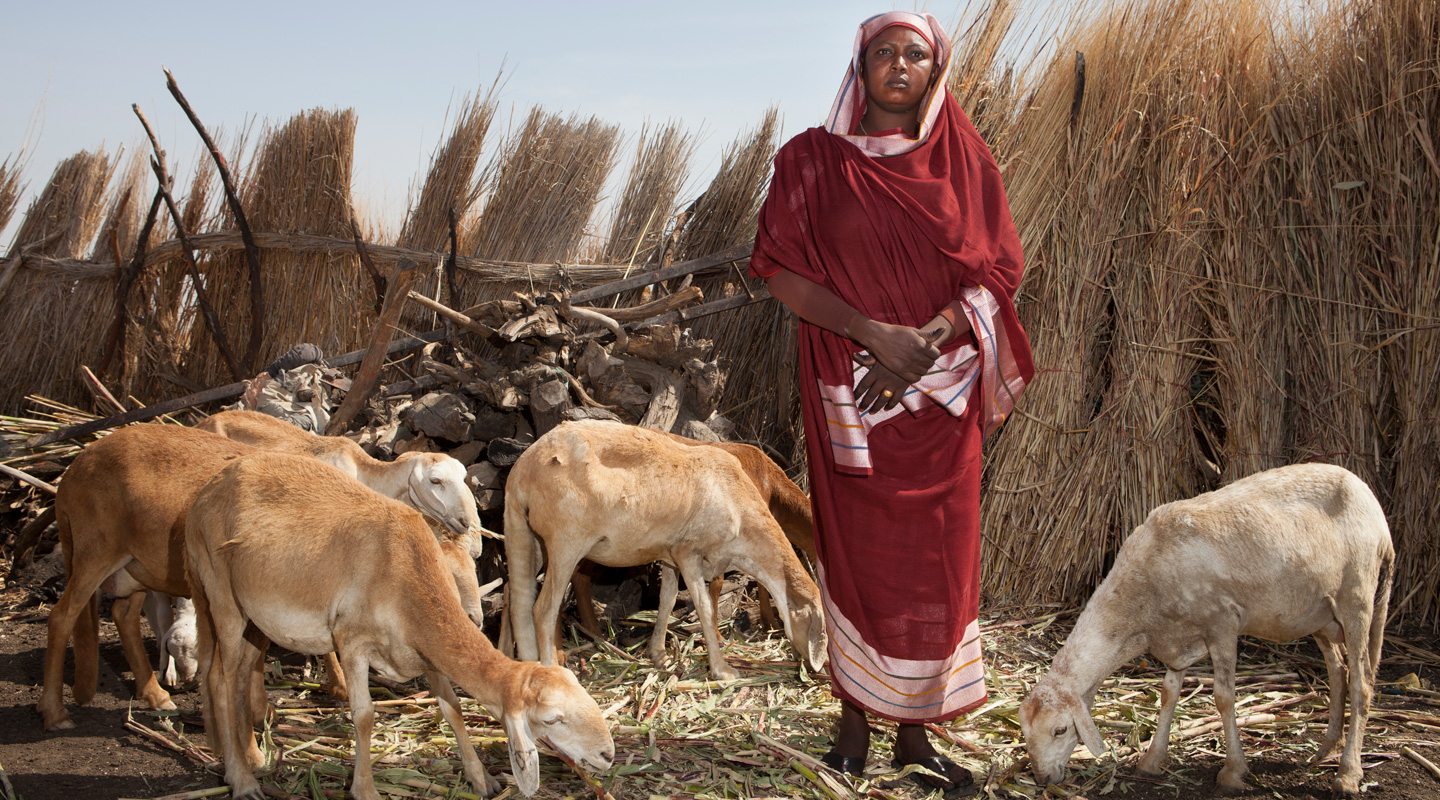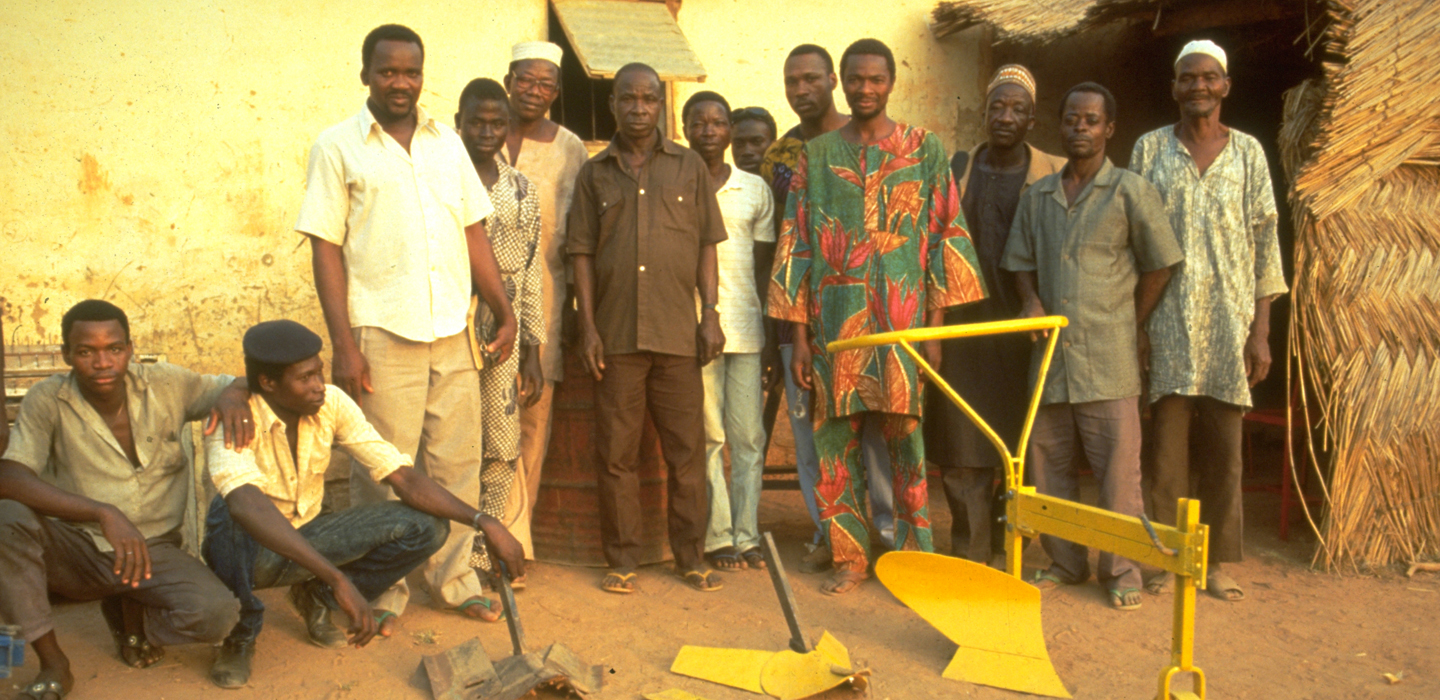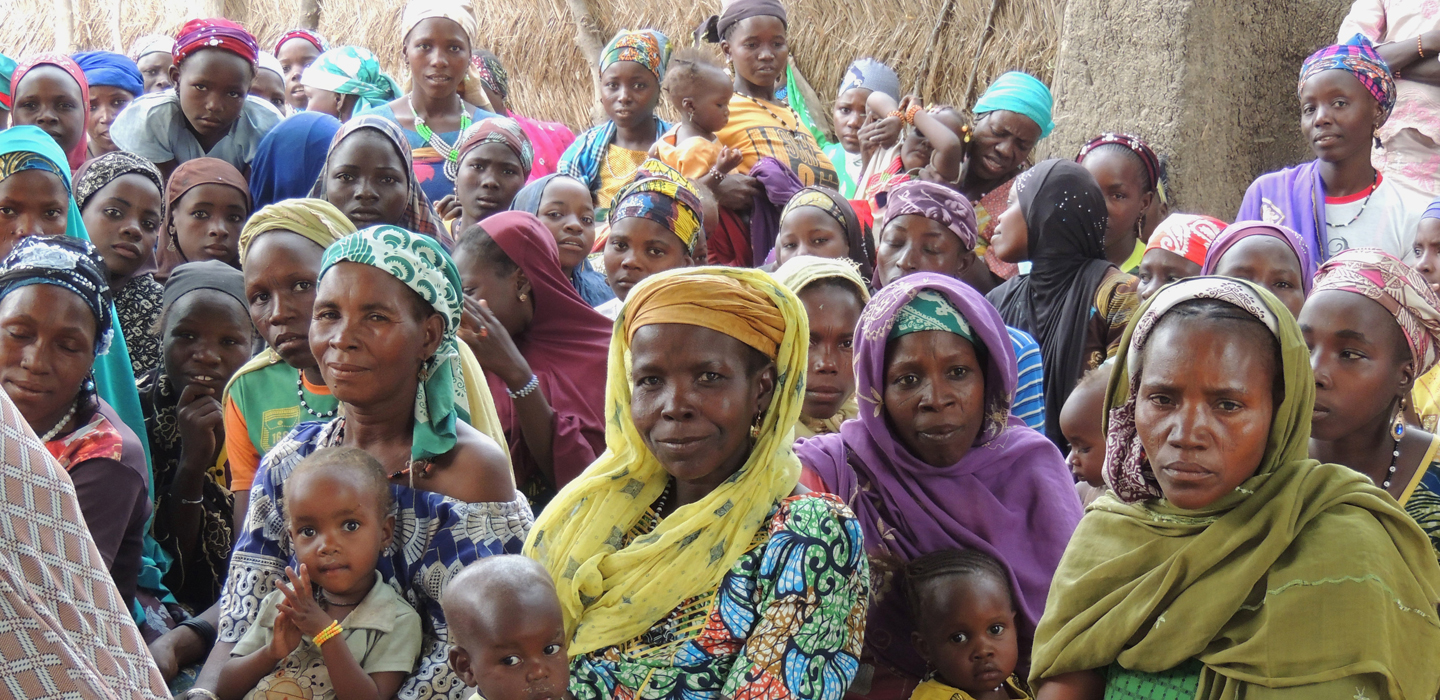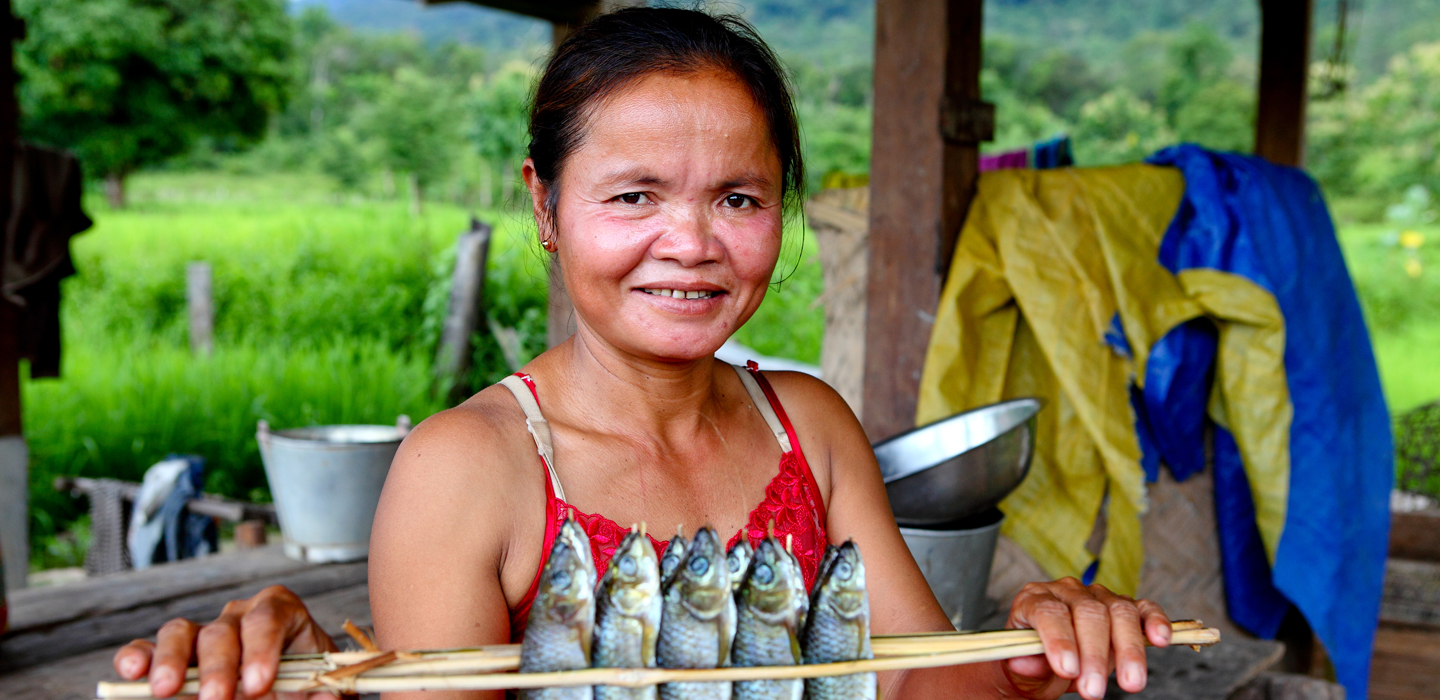Nutrition
Nutrition - banner

Nutrition
Nutrition
Worldwide, approximately three billion people have poor-quality diets and more than two billion people suffer from micronutrient deficiencies. Nearly 25 per cent of children under the age of five are chronically undernourished.
Malnutrition causes health problems and losses in economic productivity, including GDP losses. Over the course of their lifetimes, malnourished individuals can earn 10 per cent less than those who are well-nourished.
Without access to adequate, affordable, nutritious food, generations remain trapped in poverty, unable to take advantage of educational and job opportunities to fulfil their potential.
Investing in nutrition through agriculture is not only socially responsible, it is sound development policy and good economics. Its impact is multi-generational, allowing children to reach their full physical and intellectual potential, so that they can grow into healthy adults and lift themselves out of poverty.
At the forefront of nutrition-sensitive agriculture
Improving food security through better food production systems is at the heart of IFAD’s work. We design our projects through a nutrition- and gender-sensitive lens, helping rural people to improve their diets by growing and consuming diverse, nutritious, safe and affordable foods.
To combat malnutrition, we combine our solid technical knowledge with investments in nutrition- and gender-sensitive agriculture, through unique food-based approaches. We finance nutritional education and support actions that reshape food systems and improve nutrition security.
We also pay special attention to the role of women and adolescent girls, who make up a large percentage of the workforce in agriculture and food systems in developing countries. They are also the safeguards of nutritious diets in their households.
Empowering women by improving their knowledge of nutrition, as well as promoting maternal nutrition and nutrition of adolescent girls, dietary intake, and hygiene behaviours, can reduce undernutrition for entire generations.
Gender-sensitive agricultural projects help ensure women have more control over resources and that both rural men and women understand the important role that they can play in supporting good nutrition.
Climate change exacerbates the already vast burden of malnutrition and undermines current efforts to reduce hunger and promote nutrition.
As a result, IFAD has increased its commitment to providing resources for issues related to nutrition and is mainstreaming nutrition, gender and climate change actions across all of its programmes and projects.
We promote dialogue among concerned partners, including ministries of agriculture and health, as well as between other areas of government and civil society. This strengthens understanding, brokers collaboration, and promotes new pathways for nutrition- and gender-sensitive agriculture.
IFAD also taps into other reservoirs of knowledge and collaborates with institutions with specialized research skills such as national agricultural research centres and international institutes.
Worldwide knowledge-sharing and collaboration
Governments and development partners around the world are increasingly focused on nutrition-enhancing agricultural investments.
More than 50 countries have now committed to the Scaling Up Nutrition (SUN) movement, a clear demonstration that nutrition is high on the global agenda.
IFAD plays an active role in the United Nations Standing Committee on Nutrition (UNSCN), a platform dedicated to an open, substantive and constructive dialogue on global nutrition strategies and initiatives.
Food and nutrition security is both an indicator and a driver of inclusive economic growth and sustainable development. It is also an investment in the future.
For this reason, the scope of global malnutrition demands a robust and collaborative approach, driven by the local realities of smallholders and rural food systems.
Spotlight
Spotlight
Global Report on Food Crises: Acute hunger remains persistently high in 59 countries with 1 in 5 people assessed in need of critical urgent action
According to the latest Global Report on Food Crises (GRFC), nearly 282 million people in 59 countries and territories experienced high levels of acute hunger in 2023 - a worldwide increase of 24 million from the previous year. This rise was due to the report’s increased coverage of food crisis contexts as well as a sharp deterioration in food security, especially in the Gaza Strip and the Sudan.
Experts
Stories and news
Stories and news
Global Report on Food Crises: Acute hunger remains persistently high in 59 countries with 1 in 5 people assessed in need of critical urgent action
According to the latest Global Report on Food Crises (GRFC), nearly 282 million people in 59 countries and territories experienced high levels of acute hunger in 2023 - a worldwide increase of 24 million from the previous year. This rise was due to the report’s increased coverage of food crisis contexts as well as a sharp deterioration in food security, especially in the Gaza Strip and the Sudan.
Agriculture’s Indigenous trailblazers – Episode 57
On this episode, Indigenous leaders from Nepal, Mexico and Kenya weigh in on what it means to protect the planet while preserving their cultures, and fighting for the right to land, nutrition and education.
Global food crisis, poor nutrition and the effects of climate change need urgent action, says IFAD President
A global food crisis and the effects of climate change are taking a toll on those most vulnerable: millions of people – many of them small-scale farmers and their families – who are unable to afford a healthy diet. At this critical juncture, Alvaro Lario, President of IFAD, is visiting the Solomon Islands and Australia from 29 February to 8 March 2024 to collaborate on next-steps and to deepen IFAD’s strategic partnership with governments across the region.
Zero waste, full plates: winning with school meals - Episode 54
In this episode, we explore why we must pursue zero hunger and zero waste as joint goals. In particular, we look at how these efforts are crucial for children, who depend on nutritious diets for healthy development.
Related publications
Related publications
Guidelines for measuring gender transformative change in the context of food security, nutrition and sustainable agriculture
In the framework of the EU-RBA Joint Programme on Gender Transformative Approaches for Food Security and Nutrition, these Guidelines aim at enhancing the capacity of research and development partners to design, implement, monitor and evaluate gender transformative interventions.
Regional Overview of Food Security and Nutrition in Latin America and the Caribbean 2023
The 2023 edition of the Regional Overview of Food Security and Nutrition in Latin America and the Caribbean presents an update of the data and trends in food security and nutrition in recent years.
2022 Year in Review: Joint Programme on Gender Transformative Approaches for Food Security and Nutrition
This year in review is a snapshot of the Joint Programme on Gender Transformative Approaches for Food Security and Nutrition in 2022.




